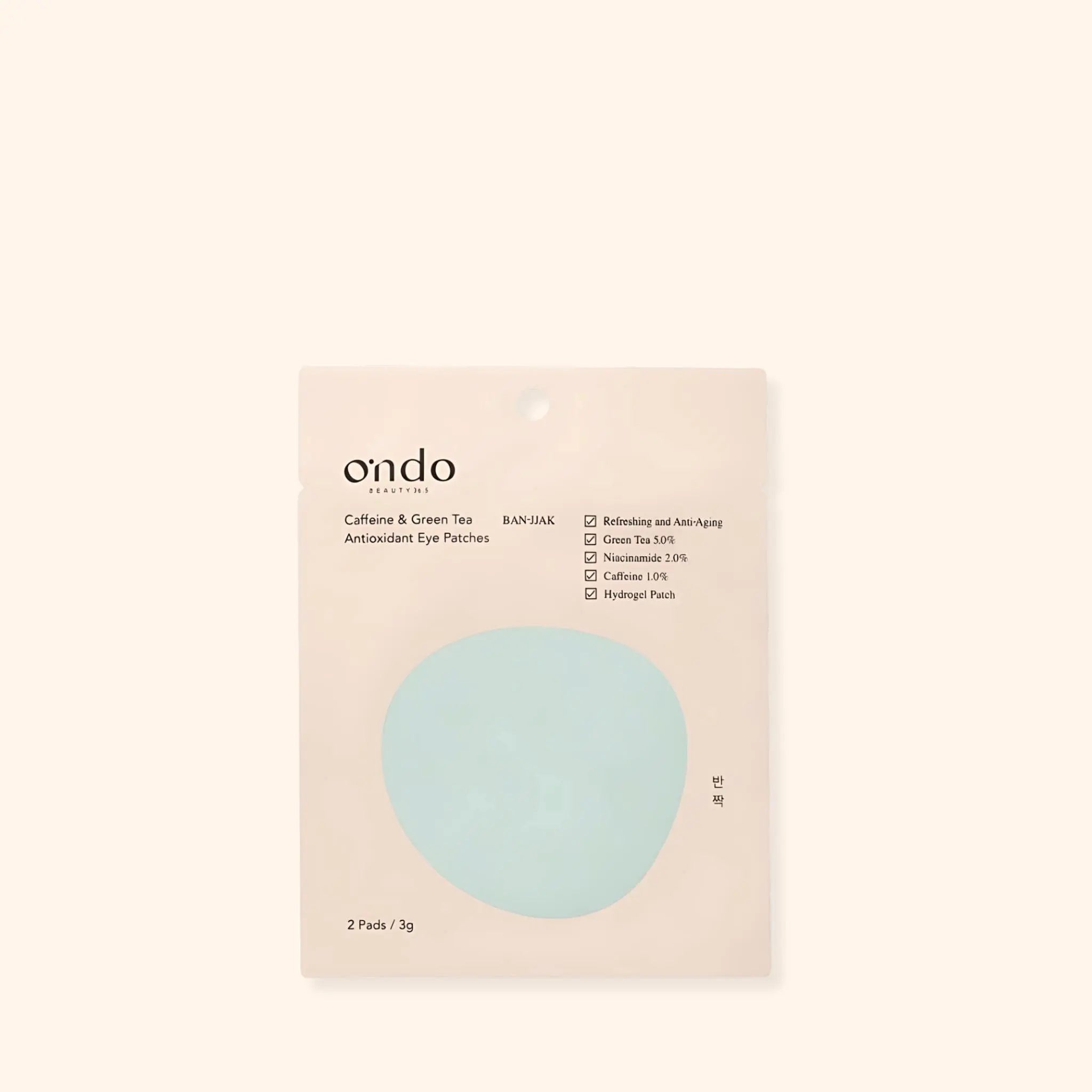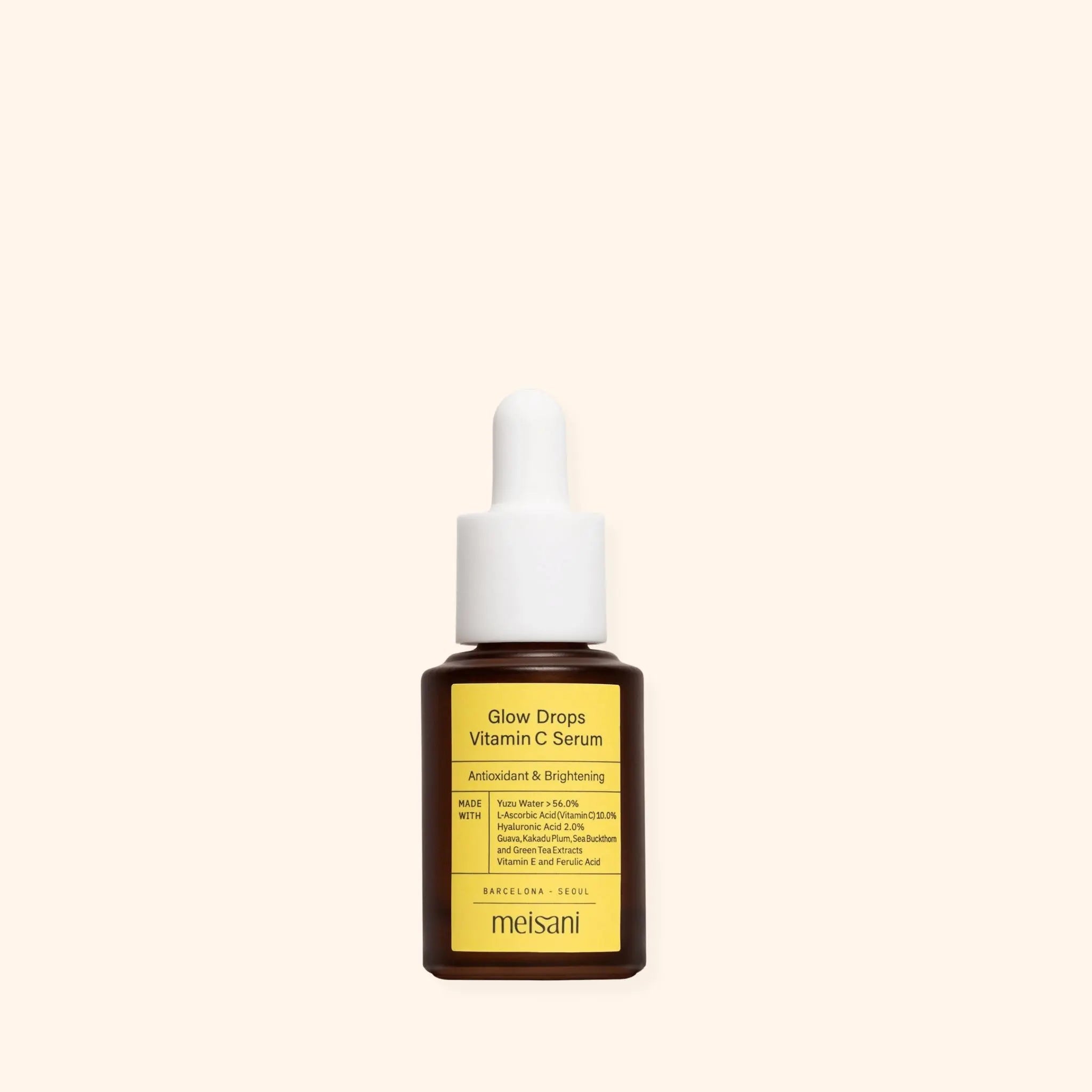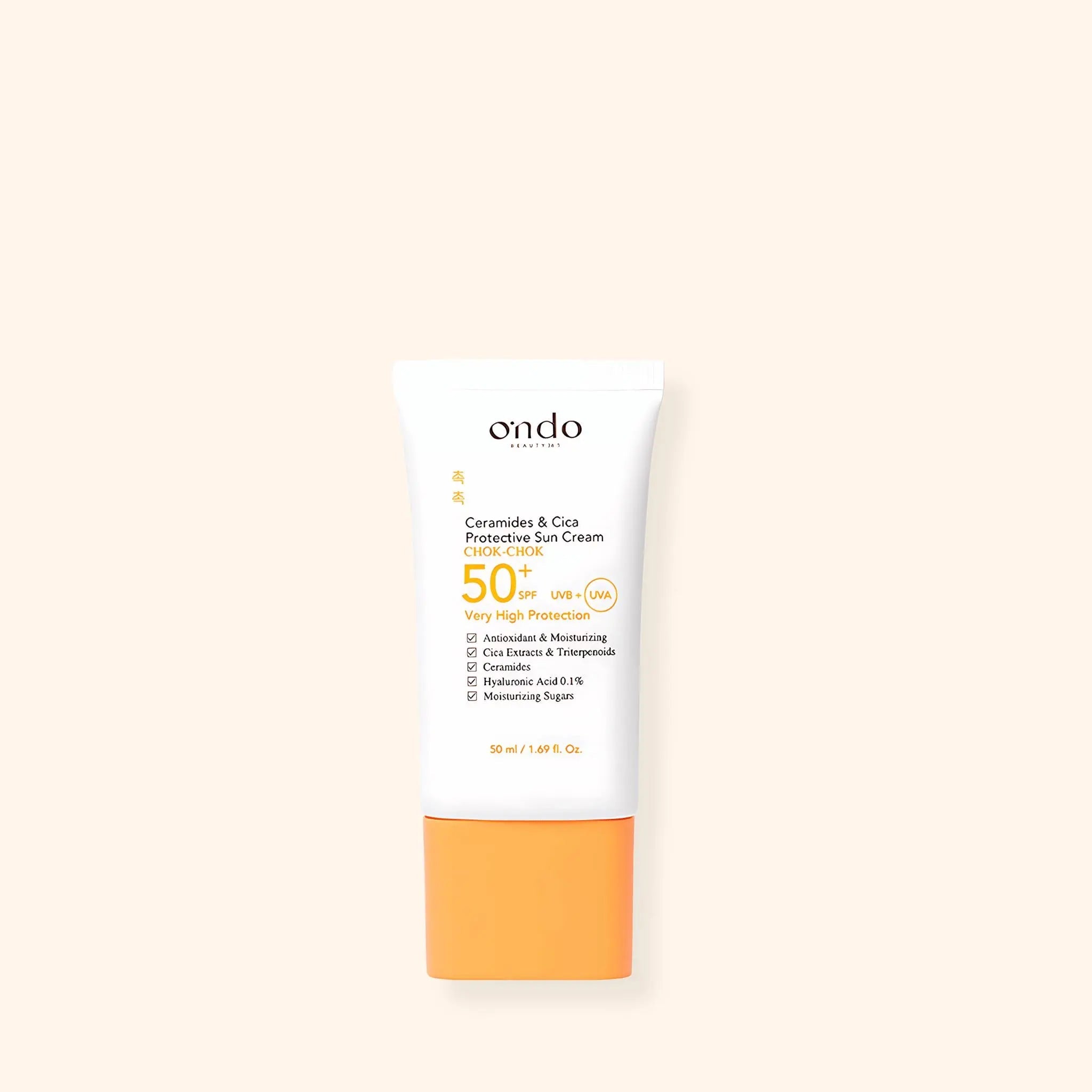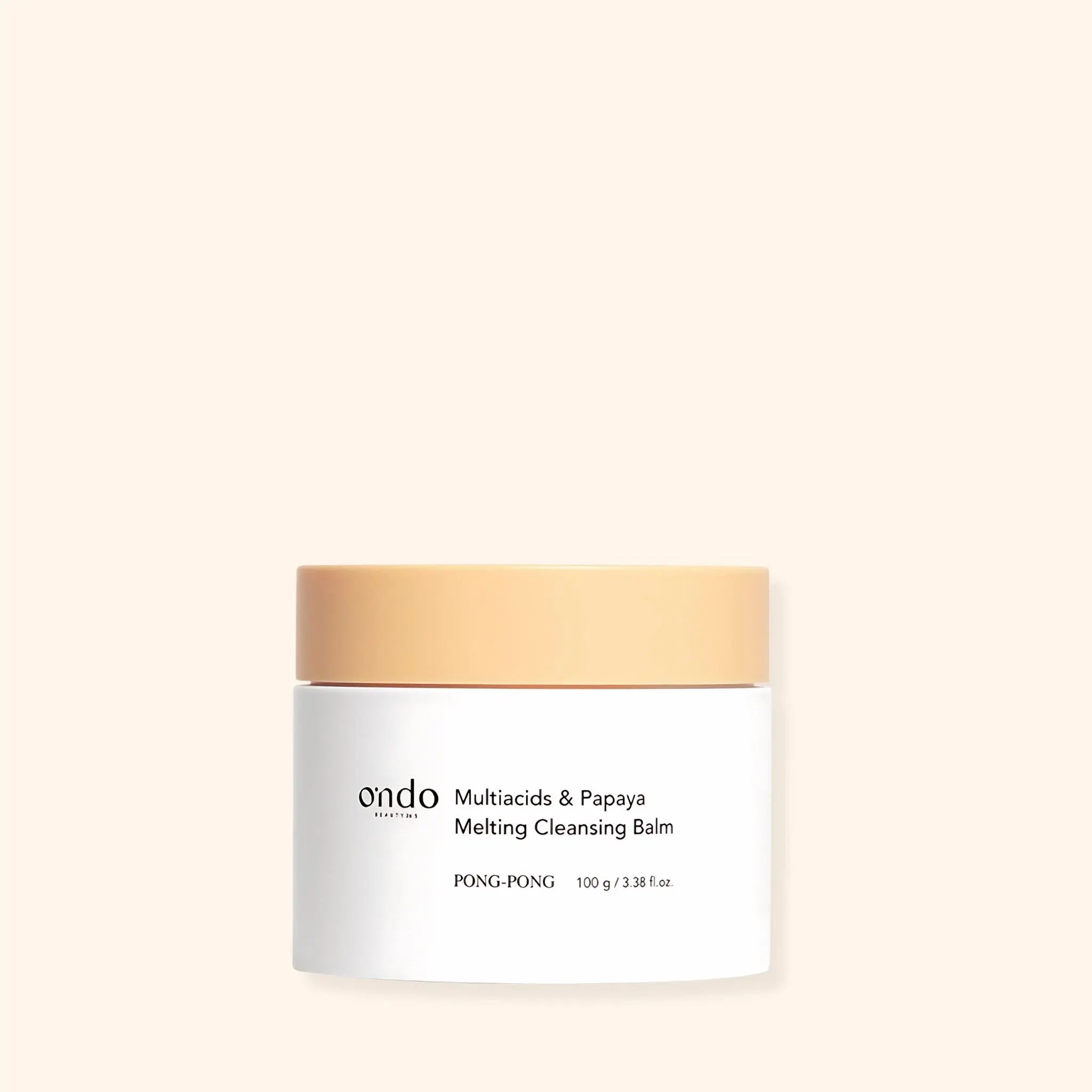How to Select the Best Moisturizer for Your Skin Type
Key Takeaways
- Understanding different skin types and their moisturizing needs.
- Key ingredients to look for in moisturizers.
- Tips for testing and selecting the right moisturizer for your skin.
Maximize Your Skin's Health with the Right Moisturizer
Think of your moisturizer as a rejuvenating elixir for your skin. Delving into the scientific aspect, studies like the one from the National Center for Biotechnology Information show that moisturizers enhance skin hydration by infusing water and minimizing water loss. They act like protective shields, keeping your skin lush and warding off dreaded dryness or flakiness.
Moisturizing is a non-negotiable step in any skincare routine, pivotal in keeping the skin hydrated, protected, and healthy. However, the vast array of moisturizers available can make choosing the right one a daunting task. This article aims to demystify the process, guiding you to find the perfect moisturizer tailored to your skin's unique needs.
Understanding Your Skin Type for Optimal Care
Knowing your skin type is the foundational step in any skincare regimen, crucial for selecting products that align with your skin's unique needs.
Dry Skin: The Quest for Hydration
Dry skin often feels tight and can show signs of flaking. It may lack natural oils, leading to a rough or dull appearance. This skin type is prone to early signs of aging like fine lines and may struggle with maintaining adequate moisture.
Look for rich, hydrating ingredients that reinforce the skin's moisture barrier and prevent water loss. Try Barr's Centella Calming Barrier Cream for a truly deep hydration.
Oily Skin: Managing Shine
Oily skin typically exhibits excess sebum production, resulting in a shiny or greasy appearance, often with enlarged pores. It is more prone to acne and blemishes due to the likelihood of pore clogging.
Opt for lightweight, oil-free products that balance oil production without stripping the skin. Meisani's Niacinamide Cucumber Aqua Gel Cream provides hydration without the grease.
Combination Skin: Balancing Act
A combination of dry and oily areas, typically with oiliness in the T-zone (forehead, nose, chin) and dryness on the cheeks. Finding products that address both oiliness and dryness without exacerbating either can be tricky.
Seek balanced formulations that gently hydrate dry areas while controlling shine in oily zones. The Niacinamide Cucumber Aqua Gel Cream effectively caters to both dry and oily zones.
Sensitive Skin: Gentle Care
Sensitive skin often reacts easily to environmental factors, chemicals, and fragrances, leading to redness, irritation, or itching. It requires skincare products that minimize the risk of irritation.
Prioritize fragrance-free, hypoallergenic formulations with calming ingredients. The Centella Calming Barrier Cream is specially formulated for sensitive skin.
Normal Skin: The Ideal Balance
Normal skin is well-balanced, neither too oily nor too dry, and typically free from severe sensitivities or blemishes. Maintaining this balance and preventing future skin issues.
Regular use of well-formulated, gentle skincare products suitable for maintaining skin health. Mizon's Collagen Power Lifting Cream targets normal aging of the skin, and enhances elasticity.
Understanding the specific needs and characteristics of your skin type is crucial in selecting the right moisturizer and skincare products. Tailoring your routine to address these unique aspects ensures your skin receives the most beneficial care.
Key Ingredients in Moisturizers for Different Skin Types
For Dry Skin: Hydration Heroes
Dry skin requires ingredients that not only add moisture but also prevent its loss.
- Hyaluronic Acid: A powerhouse hydrator, it can hold up to 1000 times its weight in water, infusing deep layers of the skin with much-needed moisture.
- Glycerin: A humectant that draws water into the skin, keeping it hydrated and plump.
- Ceramides: Lipids that strengthen the skin’s barrier, preventing moisture loss and protecting against environmental aggressors.
These ingredients work in synergy to provide long-lasting hydration and repair the skin's natural barrier, making them essential in moisturizers for dry skin.
For Oily Skin: Balancing Act
Managing oily skin involves regulating sebum production without stripping the skin.
- Salicylic Acid: This beta-hydroxy acid exfoliates and unclogs pores, balancing oil levels without over-drying.
- Glycolic Acid: An alpha-hydroxy acid that gently exfoliates, helping in oil control and texture improvement.
- Niacinamide: Known for its ability to regulate sebum and minimize pores.
Products labeled as "non-comedogenic" or "oil-free" are preferable as they reduce the likelihood of pore blockage.
For Sensitive Skin: Gentle Soothers
Sensitive skin benefits from ingredients that calm and soothe without causing irritation.
- Aloe Vera: Known for its soothing properties, it helps reduce redness and irritation.
- Chamomile: Contains anti-inflammatory properties, ideal for calming sensitive skin.
- Oatmeal: Offers antioxidant and anti-inflammatory benefits, helping to soothe and protect the skin.
These ingredients are key in moisturizers for sensitive skin, providing gentle care and comfort.
For Combination Skin: Harmonizing Elements
Combination skin requires a careful balance - hydrating dry areas while controlling oil in others.
- Lactic Acid: A gentle exfoliant that also hydrates, perfect for the dual nature of combination skin.
- Hyaluronic Acid: Offers hydration without heaviness, suitable for oily zones.
- Jojoba Oil: Mimics the skin’s natural oils, providing balanced moisture.
A balanced moisturizer for combination skin should address varied needs, ensuring that both dry and oily areas are appropriately cared for.
Choosing the Right Moisturizer
Reading Labels and Ingredients
Understanding ingredient lists is crucial. Look for key ingredients that address your specific skin concerns and avoid those that might trigger sensitivities or acne.
Importance of SPF in Daytime Moisturizers
A moisturizer with SPF is essential for daytime use to protect your skin from harmful UV rays, which can cause premature aging and other skin issues.
Product Recommendations
- Moisturizers for Dry Skin
- Oil-Free Moisturizers for Oily Skin
- Gentle Moisturizers for Sensitive Skin
Testing and Selecting Moisturizers
The Patch Test
Before fully committing to a new moisturizer, perform a patch test to check for adverse reactions. Apply a small amount of the product on a discreet skin area and wait 24-48 hours.
Adapting to Seasons and Skin Changes
Your skin's needs can change with the seasons or as you age. Be ready to adjust your moisturizer choice accordingly, opting for heavier creams in winter and lighter formulations in summer.
Conclusion: Embracing Consistency and Adaptability in Moisturizing
In the quest for healthy skin, a consistent moisturizing routine is key. Regular use of the right moisturizer can dramatically improve skin texture, elasticity, and overall appearance. But it's also important to remain adaptable. As your skin changes with age, environment, or lifestyle, so too should your moisturizer. This adaptability ensures that your skin always receives the specific care it needs at any given time.
Embracing both consistency and adaptability in your moisturizing routine is not just about enhancing your skin's appearance. It's a commitment to nurturing and respecting your skin's unique needs throughout the various stages of life. By attentively listening to your skin and responding with the right moisturizing choices, you pave the way for a lifetime of healthy, radiant skin.
In conclusion, selecting the best moisturizer for your skin type is a journey that goes beyond mere aesthetics. It's about understanding and caring for your skin in a way that supports its health and vitality, now and in the future. With the right knowledge and approach, this journey can be a fulfilling and transformative part of your daily self-care ritual.






